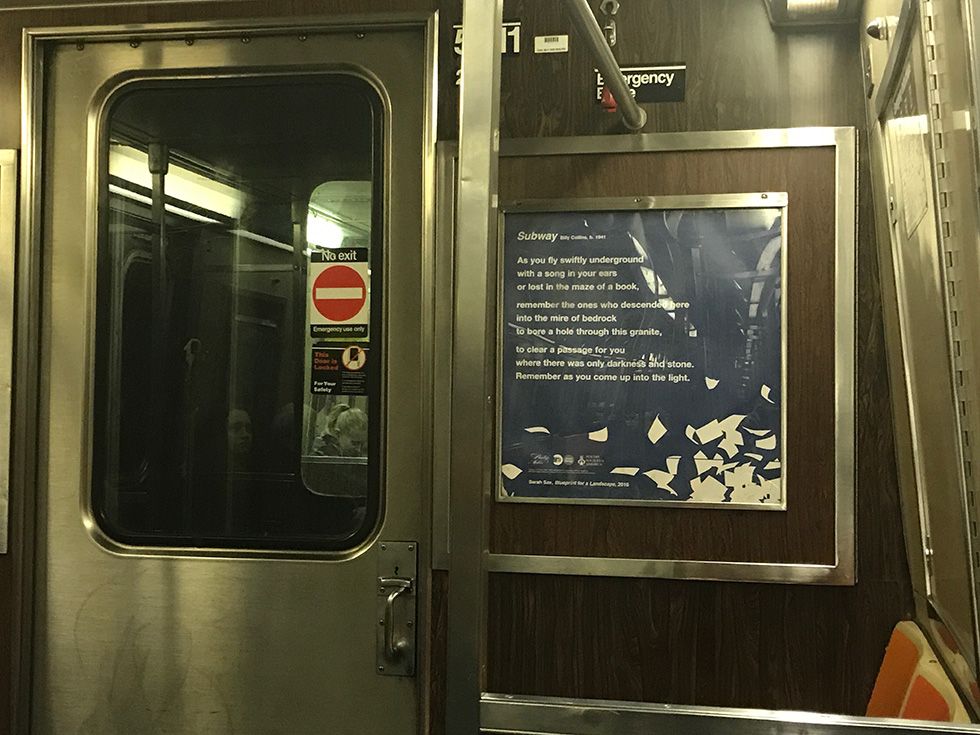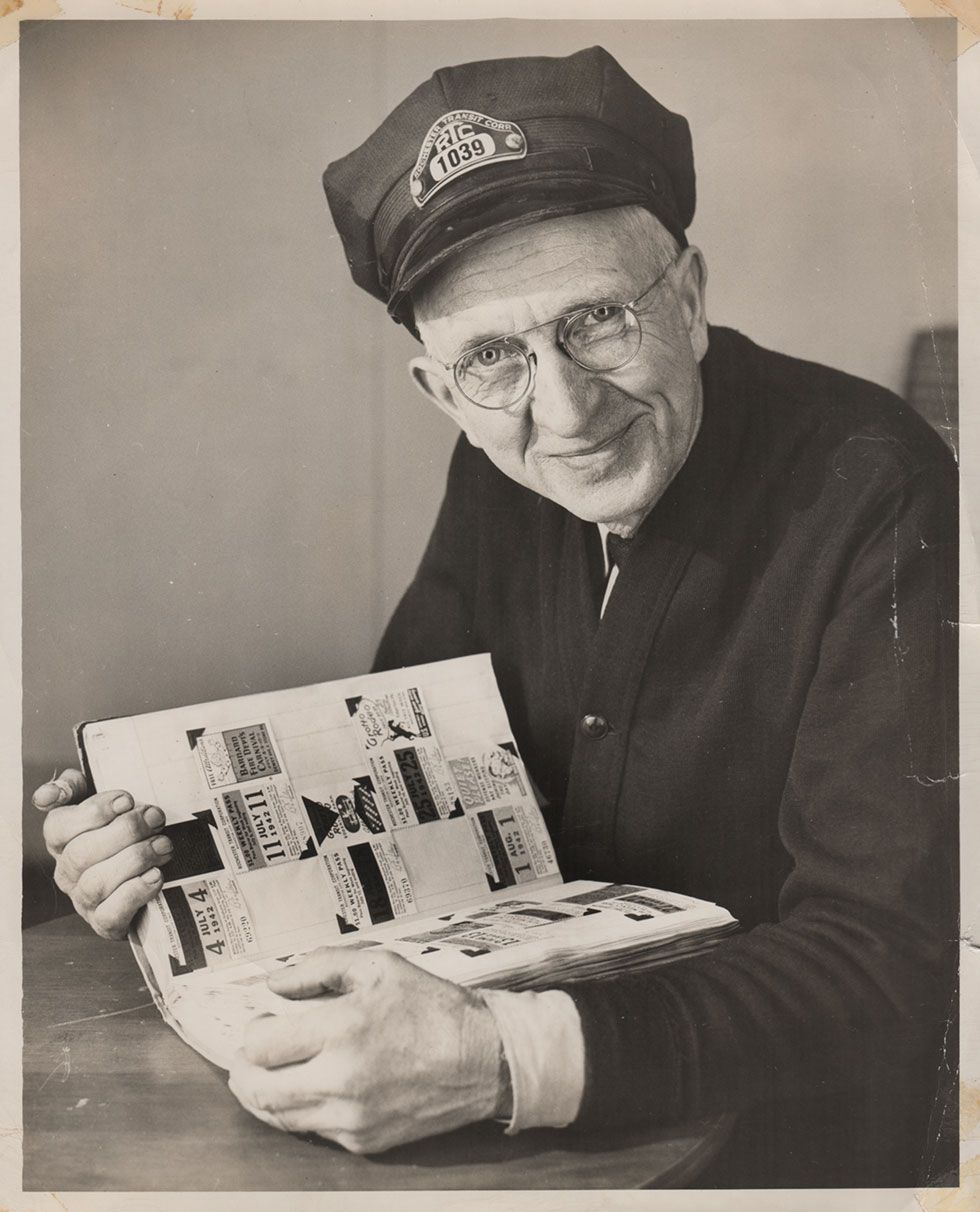This article was scraped from Rochester Subway. This is a blog about Rochester history and urbanism has not been published since 2017. The current owners are now publishing link spam which made me want to preserve this history.. The original article was published October 19, 2016 and can be found here.
![Downtown Rochester from the Cascade District [PHOTO: Rochester City Hall]](https://senseofplace.dev/topics/wp-content/uploads/Downtown_From_Cascade.jpg)
While poking around the Rochester Image Database that the Monroe Public Library so lovingly maintains, I bumped into a series of 24 aerial photographs taken in 1982. That in and of itself wouldn't be the most interesting thing ever, except the images portray Rochester in the middle of an incredible transition to be much closer to the city we know now than the one anyone might have recognized from before.
I don't plan to write a detailed caption for every photo in the set, but there are a few interesting things I'd like to point out as we go through the photos. If you notice anything I missed, do please bring it up in the comments. I have no doubt it will be exciting.
* * *
![Can of Worms Looking South [PHOTO: Rochester City Hall]](https://senseofplace.dev/topics/wp-content/uploads/Can_of_Worms_Looking_South.jpg)
![Can of Worms Looking West [PHOTO: Rochester City Hall]](https://senseofplace.dev/topics/wp-content/uploads/Can_of_Worms_Looking_West.jpg)
Being only 5 at the time it was reconfigured, I never had the (dis)pleasure of driving through the original Can of Worms. From these photos, I honestly cannot fathom how awful it must have been. Thankfully three years of roadwork from 1988 to 1991 fixed this for good.
* * *
![Looking Downtown from the County Offices [PHOTO: Rochester City Hall]](https://senseofplace.dev/topics/wp-content/uploads/Downtown_Rochester_From_County_Offices.jpg)
The most striking part of this photo, to me, is what a hole there was before the convention center and Hyatt were built. You can also see the parking lot where the BCBS building would go much later on the right side of the photo.
* * *
![Downtown Rochester with Corn Hill on the left and Mt. Hope on the right [PHOTO: Rochester City Hall]](https://senseofplace.dev/topics/wp-content/uploads/Rochester_Downtown_from_Ford_Street.jpg)
![Corn Hill from the south [PHOTO: Rochester City Hall]](https://senseofplace.dev/topics/wp-content/uploads/Corn_Hill.jpg)
![Corn Hill on the left and the South Wedge on the right [PHOTO: Rochester City Hall]](https://senseofplace.dev/topics/wp-content/uploads/Corn_Hill_and_Downtown_Rochester.jpg)
Here are three amazing shots that include Corn Hill in them. This is right after all of the worst urban renewal, but just as the first few units of Corn Hill Commons are being constructed. The vast, grassy state of what was (and in some ways is again) one of the densest neighborhoods in the city really blows my mind. It's also amazing to see the desire lines across so many of the different vacant lots in the neighborhood.
* * *
![Downtown and some of the South Wedge [PHOTO: Rochester City Hall]](https://senseofplace.dev/topics/wp-content/uploads/Downtown_From_Mt_Hope.jpg)
![All highways all the time [PHOTO: Rochester City Hall]](https://senseofplace.dev/topics/wp-content/uploads/Downtown_Rochester_From_the_South_Wedge.jpg)
I honestly didn't know that One Mt. Hope was this derelict before it was transformed into the spectacular building it is now (it was abandoned in 1968, for reference). It wouldn't be renovated until four years after these photos, and it was renovated again last year by Bivona. As the oldest industrial building in the city, it's so good this was saved.
* * *
![Looking down Main Street from the west [PHOTO: Rochester City Hall]](https://senseofplace.dev/topics/wp-content/uploads/West_Main_Looking_East.jpg)
![A view of the west side of downtown [PHOTO: Rochester City Hall]](https://senseofplace.dev/topics/wp-content/uploads/Downtown_From_West_Main.jpg)
There is so so much going on in these two photos, but to me, the most appalling thing is the knowledge that the Hotel Rochester would be imploded

17 years later. What a loss. And for what? A surface parking lot for the next 17? And maybe another 17 more? I've honestly cried watching that video (and this one

). * * *
![The East End from the north side of the Inner Loop [PHOTO: Rochester City Hall]](https://senseofplace.dev/topics/wp-content/uploads/Downtown_From_North_Ave.jpg)
In this photo we find our intrepid city in the process of jamming Chestnut Street through the East End from East Ave to University, connecting it to North. This is one of the last, greatest mistakes the city would make in the urban renewal to roads movement. By 1982, we should have known better, but here we are. Chestnut Street North remains a superb collection of surface parking lots and weed strewn lawns 34 years later.
* * *
![High Falls and the now demolished Beebe Station [PHOTO: Rochester City Hall]](https://senseofplace.dev/topics/wp-content/uploads/Beebee_Plant_and_Downtown.jpg)
I am struck by two things in this photo. First, how much High Falls has changed in the past three decades. And second, look at the pile of coal just sitting outside at the old power plant. Just think, not 35 years ago, we had a giant pile of coal lying around downtown.
* * *
![Monroe Ave and the now-defunct Inner Loop [PHOTO: Rochester City Hall]](https://senseofplace.dev/topics/wp-content/uploads/Downtown_Rochester_From_Monroe_Ave.jpg)
Look at how different this area is now. Why, it's barely half as many parking lots! But I kid. This picture today is so different and in a few more years, will be even more different still. It's amazing how much change has happened to this one small piece of the city over the years.
And now everything else...
* * *
![Downtown from Monroe Ave [PHOTO: Rochester City Hall]](https://senseofplace.dev/topics/wp-content/uploads/Downtown_From_Monroe.jpg)
Downtown viewed from Wadsworth Square.
![Downtown from Broad St [PHOTO: Rochester City Hall]](https://senseofplace.dev/topics/wp-content/uploads/Downtown_From_Broad.jpg)
Downtown viewed from the east end of Broad Street.
![Downtown from High Falls [PHOTO: Rochester City Hall]](https://senseofplace.dev/topics/wp-content/uploads/Downtown_From_High_Falls.jpg)
Downtown viewed from High Falls.
![Downtown from East Main Street [PHOTO: Rochester City Hall]](https://senseofplace.dev/topics/wp-content/uploads/Downtown_From_East_Main.jpg)
Downtown viewed from East Main Street.
![Downtown from East Main [PHOTO: Rochester City Hall]](https://senseofplace.dev/topics/wp-content/uploads/Downtown_From_University_Ave.jpg)
Downtown viewed from the Hungerford.
![Downtown Bridges [PHOTO: Rochester City Hall]](https://senseofplace.dev/topics/wp-content/uploads/Genesee_Bridges_Looking_North.jpg)
A view of the downtown bridges looking north.
![Goodman Street Rail Yard [PHOTO: Rochester City Hall]](https://senseofplace.dev/topics/wp-content/uploads/Rail_Yards.jpg)
The Goodman Street Rail Yard. * * *
![Charlotte [PHOTO: Rochester City Hall]](https://senseofplace.dev/topics/wp-content/uploads/Charlotte.jpg)
A view of Charlotte and the old Stutson Street Bridge.
![Kodak on Ridge Road [PHOTO: Rochester City Hall]](https://senseofplace.dev/topics/wp-content/uploads/Kodak_Ridge_Road.jpg)
A view of the Kodak plant at Ridge and Lake.
![Lower Falls [PHOTO: Rochester City Hall]](https://senseofplace.dev/topics/wp-content/uploads/Lower_Falls.jpg)
A view of the Lower Falls. * * *

